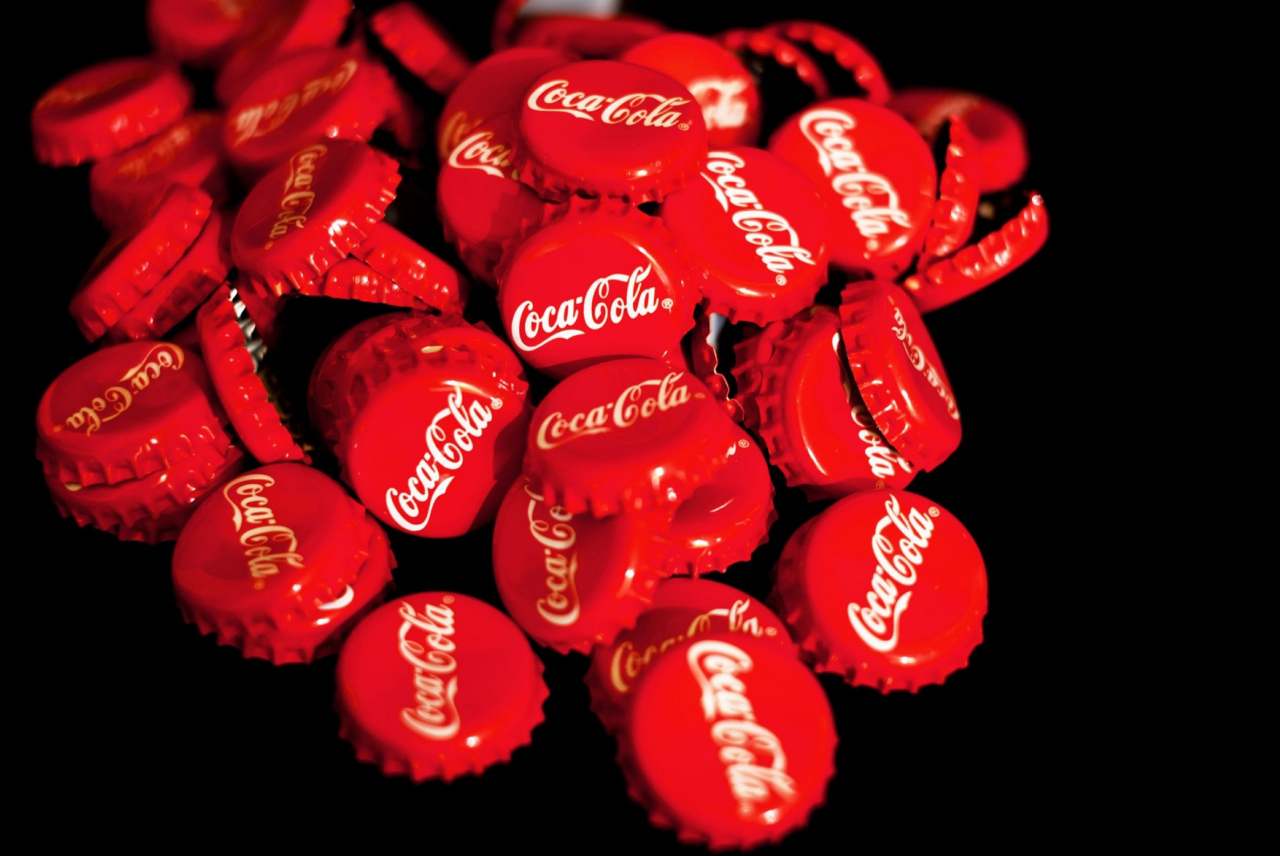Workers' rights
The Coca-Cola Company has a higher income than two thirds of the world’s countries and is best known for its soft drinks, but now also owns Costa Coffee.
We hear from two trade union groups fighting against Coca-Cola: the IUF and Irish trade union SIPTU.
International Union of Food (IUF) abandons 15-year relationship with Coca-Cola
The International Union of Food (IUF) is a global federation of trade unions connected to food processing. Coca-Cola appears very proud of its relationship with the IUF – its name is all over the company website and policy documents.
Yet the IUF is running multiple campaigns against Coca-Cola.
Burcu Ayan, International Officer Beverages and Breweries (IUF) said:
“We signed a Joint Statement between The Coca-Cola Company (TCCC) and IUF on 15 March 2005. This established a platform for the IUF and affiliates representing Coca-Cola workers to raise rights issues with senior management at Coca-Cola headquarters in Atlanta. There were twice-yearly meetings.
“We cancelled the October 2019 meeting because of lack of progress in cases we had raised for at least three years. We submitted a resolution to TCCC AGM. We did not receive a satisfactory answer.
“Years of direct engagement with Coca-Cola senior management did lead to the resolution of significant rights issues, for example in Guatemala and Pakistan. However, between 2016 and 2019 we could not resolve issues in Coca-Cola’s directly-owned operations in Ireland and the Philippines or bottlers in Haiti, Indonesia, and USA.
“Most recently in the Philippines, the Company has capitalized on the coronavirus emergency to attack union leaders of the IUF-affiliated FCCU-SENTRO and intimidate members through dismissals and disciplinary action.
“The IUF continues to demand Coca-Cola addresses these rights violations.”
Coca-Cola’s collective bargaining policy not worth the paper it is written on
Since 2018, workers at Coca Cola’s Ballina Beverages plant in Ireland have fought for their right to unionise.
Services Industrial Professional and Technical Union (SIPTU), Ireland’s largest trade union, provided an update for Ethical Consumer:
“Our members are shocked at Coca-Cola’s equivocation on its own global human rights policy. This states that Coca-Cola respects workers’ right to unionise and commits to establishing constructive dialogue in good faith with union representatives. In reality these rights are conditional, and not as stated in the policy. Coca-Cola refuses to engage with our representatives.
“We travelled to Coca-Cola’s global headquarters where senior executives argued that local legislation in Ireland trumps its human rights policy. They said if local legislation does not match or exceed rights outlined in Coca-Cola’s human rights policy the lower threshold prevails. In Ireland there is no legal compulsion for an employer to engage in collective bargaining. It is a voluntary system.
“The Labour Court here in Ireland has made a recommendation Coca-Cola engage with SIPTU as representatives of workers at the Ballina facility. Coca-Cola has refused.
“Our members remain determined to achieve what they believe to be their basic human right to have their voice heard through collective bargaining."



